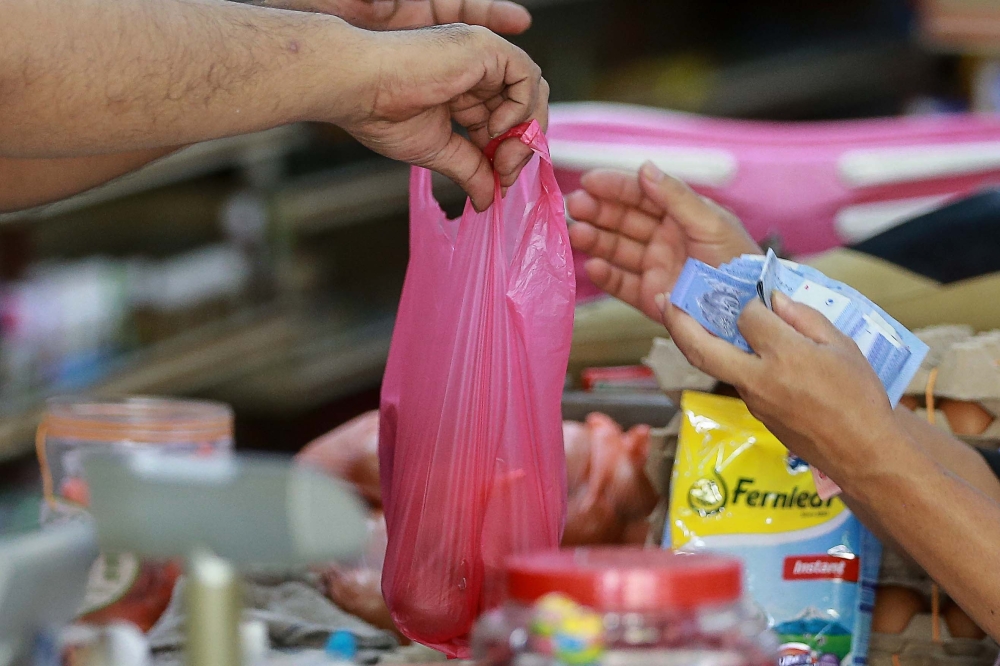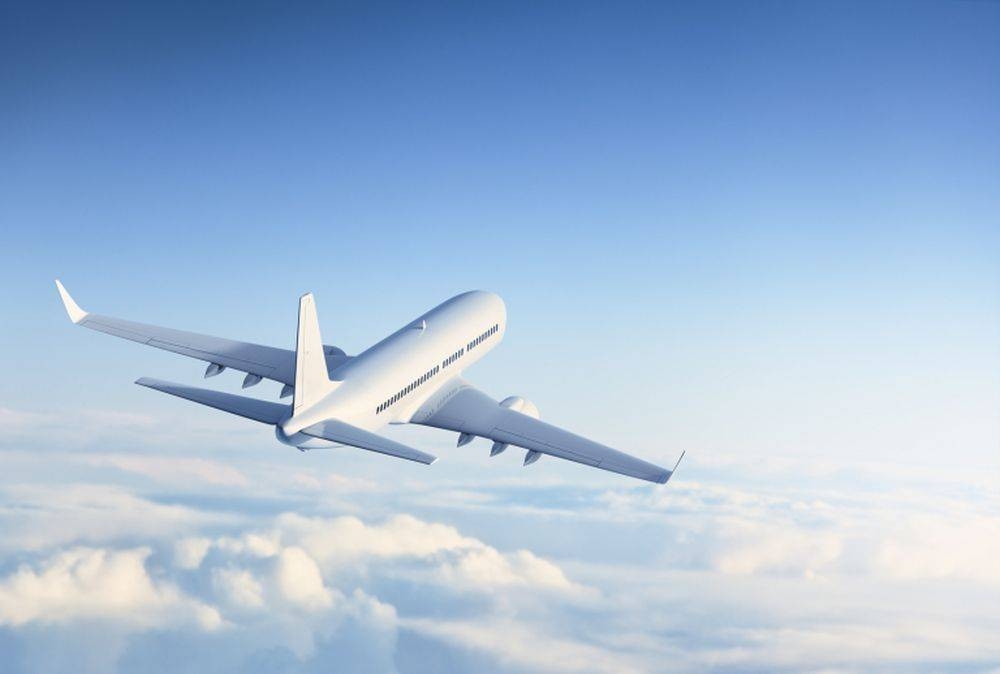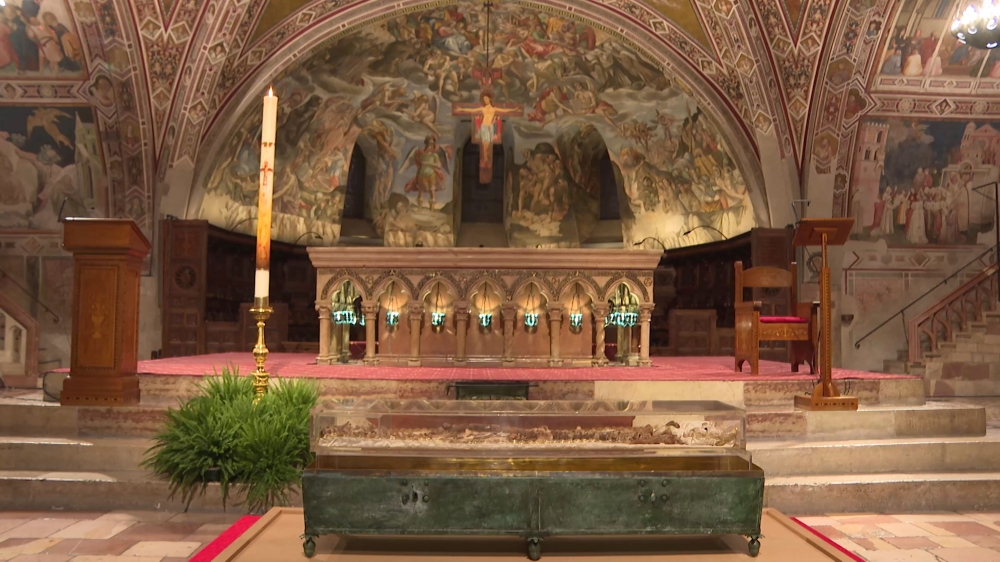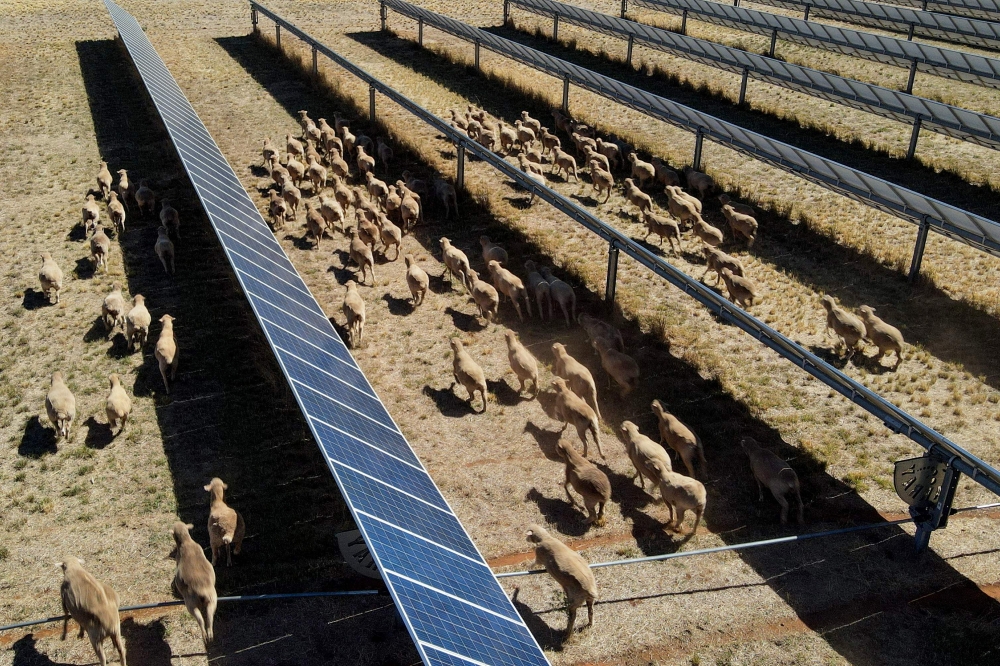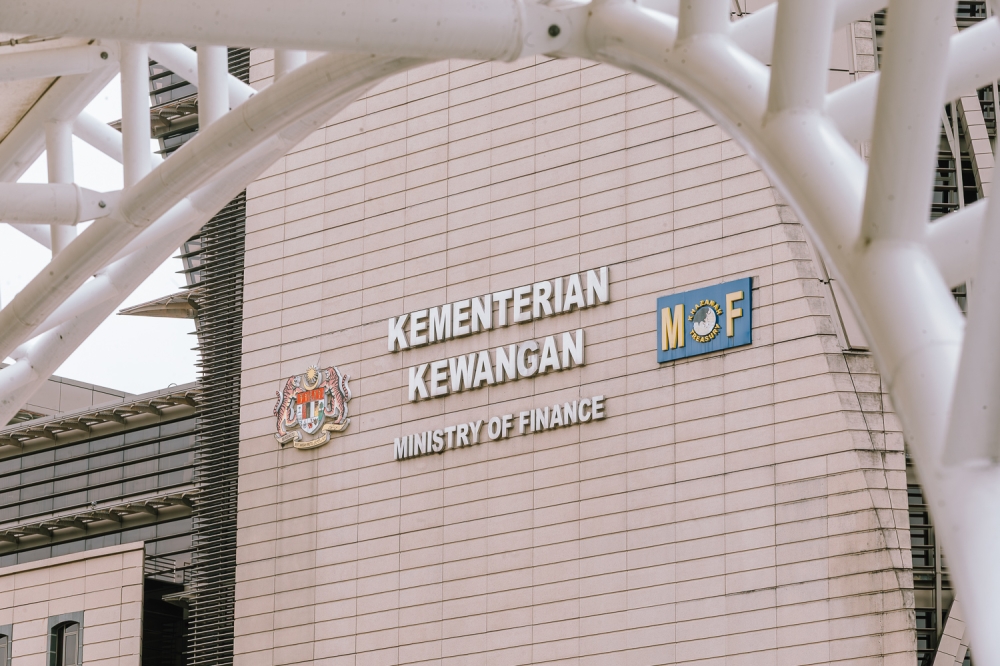RIYADH, June 1 — Until a few years ago, music was viewed in a rather negative light in Saudi Arabia. But this is less and less the case since Mohammed bin Salman came to power in 2015. The ultraconservative country is now opening up to entertainment, and especially to music.
Winds of change are blowing through ultra-conservative Saudi Arabia. The kingdom’s ministries of culture and education are currently working on a plan to include arts in the school curriculum. This includes theatre, visual arts, filmmaking, and especially music. The head of the Music Commission, Sultan Al-Bazie, said in an interview with Rotana Khalijia TV that the next step would involve introducing music teaching starting from elementary school.
The inclusion of arts and music in the Saudi school curriculum reflects a change in the country’s attitude towards culture. Mohammed bin Salman, the son of King Salman, has a lot to do with this. The crown prince is banking on entertainment to diversify the kingdom’s economy, which is highly dependent on oil. His plan, called “Vision 2030,” calls for the creation of new sectors of activity in the leisure industry. With this in mind, Saudi authorities created a General Entertainment Authority in spring 2016. Its role is to regulate and develop the entertainment sector, notably by granting licenses and permits to those operating in the field.
Creating 65,000 jobs in music
Morality and music are still very much linked in Saudi Arabia because of Wahhabism, an ultraconservative form of Islam which has the rank of state religion in the kingdom. Most Saudi clerics consider music as haram (“illicit” in Arabic), and are formally opposed to its teaching in schools. Some have made their voices heard on Twitter through the hashtag “We refuse the teaching of music in schools,” reports BBC Arabic.
Despite protests from the ultraconservative camp, Saudi Arabia is hosting more and more international cultural events. The MDLBeast Soundstorm music festival is at the forefront of this trend. More than 700,000 music lovers gathered in Riyadh to attend the latest edition of the music event, held from December 16 to 19. They were able to attend concerts by 200 Arab and international artists, including David Guetta, DJ Snake, The Chainsmokers and Steve Aoki. Famous singers such as Justin Bieber, Mariah Carey and Janet Jackson also no longer hesitate to perform in the country, despite calls for a boycott from human rights activists.
And this is just the beginning. The Saudi authorities plan to create 65,000 jobs in music over the next eight years. They would also like the sector to contribute 1 per cent to the kingdom’s economy by 2030. All of which could encourage young music lovers in Saudi Arabia to indulge their passion. — ETX Studio















